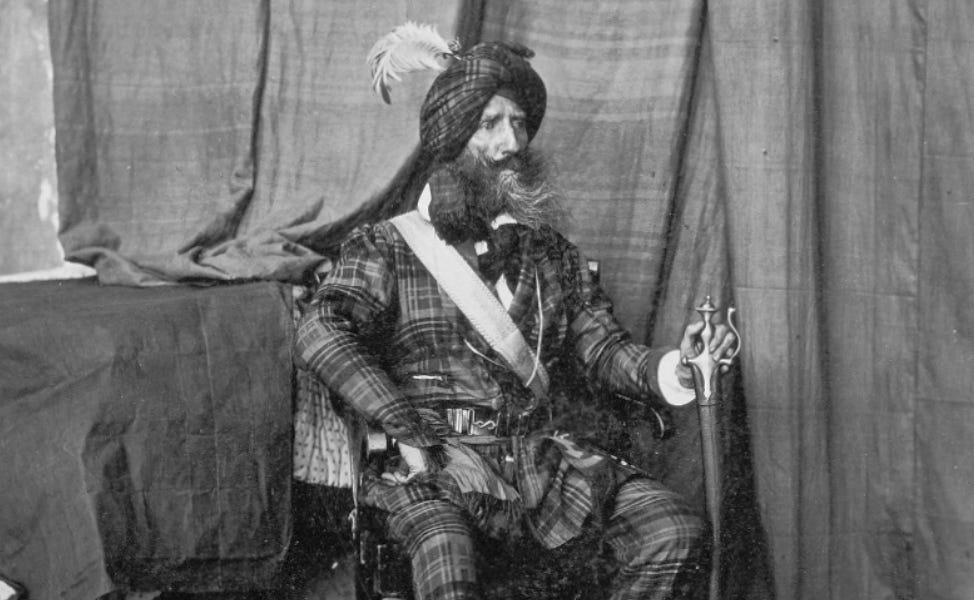From the WSJ:
Inside Intel’s Tricky Dance With Trump
The Truth Social post, the White House meeting, the deal: How the struggling chip company managed a two-week roller-coaster ride
https://www.wsj.com/tech/inside-intels-tricky-dance-with-trump-c03f729c?st=wYaRu5
.........................................................................
In the Oval Office, Tan told the president
his ties to Chinese businesses were years in the past and he was loyal to the U.S. He presented ideas for turning Intel around and investing more in the U.S.
Lutnick told Tan he thought it was dangerous to have so much of the global chip-making capacity controlled by foreign companies. Tan agreed, and reiterated that he was dedicated to Trump’s “America First”
manufacturing agenda.
By the end of the hourlong discussion, the president was convinced—and agreed to lay off the criticism.
Tan and Lutnick then moved quickly to hammer out a deal for the government to take a minority stake in Intel. It was a complicated negotiation because it is unusual to convert government grants that have already been awarded into equity.
While they were in talks, SoftBank, led by storied tech investor Masayoshi Son, suddenly agreed to put $2 billion into the company, part of its campaign to bet on U.S. firms and appeal to Trump. SoftBank had already
pledged to spend at least $100 billion in the U.S. on AI and other tech investments, a move announced by Son at Trump’s Mar-a-Lago club last December. SoftBank had also earlier this year discussed a potential deal to acquire Intel’s chip-manufacturing business.
Intel and the U.S. soon agreed the government would use $8.9 billion in grants that had been committed but not paid to take a nearly 10% equity stake at a slight discount. The U.S. won’t have a say in governance. It already gave Intel $2.2 billion in Chips Act grants.
David Shapiro, a former partner at the Wall Street law firm Wachtell, Lipton, Rosen & Katz, drew up the terms, including a provision that the government could acquire another 5% of Intel at a discount if the company sells the majority of its manufacturing business.
The administration insisted on the provision as a type of “poison pill” meant to dissuade the company from fully exiting the manufacturing segment. If Intel were to give the government another 5%, it would further dilute shareholders and complicate the company’s finances.
...........................................................................
But the Intel stake is among the most notable given Trump called for Tan to resign, then quickly brought him to the negotiating table.
“There’s this Darth Vader aspect of the whole thing,” said Gautam Mukunda, a lecturer at the Yale University School of Management who studies innovation and leadership, referring to the “Star Wars” villain who started as good, became evil, then redeemed himself.
“If your situation with the administration can swing so radically in such a short span of time based on nothing more than a meeting, then it can always swing back,” he said.
On Friday,
as Tan posed smiling for a photo with Lutnick at the Commerce Department, the CEO “had a real pep in his step,” according to someone who saw him that day.
As the pair gathered in the Oval Office in front of the president to sign the documents formalizing the government’s stake,
Trump proposed signing them as well, an unusual suggestion. The two men agreed, and the president added his autograph in large script, saying he hoped he could help “make Intel great” again.
Source:
https://www.linkedin.com/posts/alan...p&rcm=ACoAABgaN-4BTbOnMpW-b02JuSpbUWzScyA2IYY
Kissing the Ring:
The Friday Pillar Post

www.pillarcatholic.com
.............................................................................
Vance noted that, as a Catholic himself, he would have been comfortable kissing the pope’s ring in greeting, as a sign of filial devotion to Leo, but, as a diplomatic representative of a secular state, he was obliged to meet the pope on those terms.
I’ve seen some frankly bizarre takes on this, ranging from those who think Vance’s possession of any relevant religious sentiments should bar him from office, to others, who seem to think his separating of personal disposition from the formal requirements of office represents the heresy of Americanism — and that failure to kneel before the pope shows an unacceptable division between the private and public man, demanding correction of some kind.
..............................................................................

